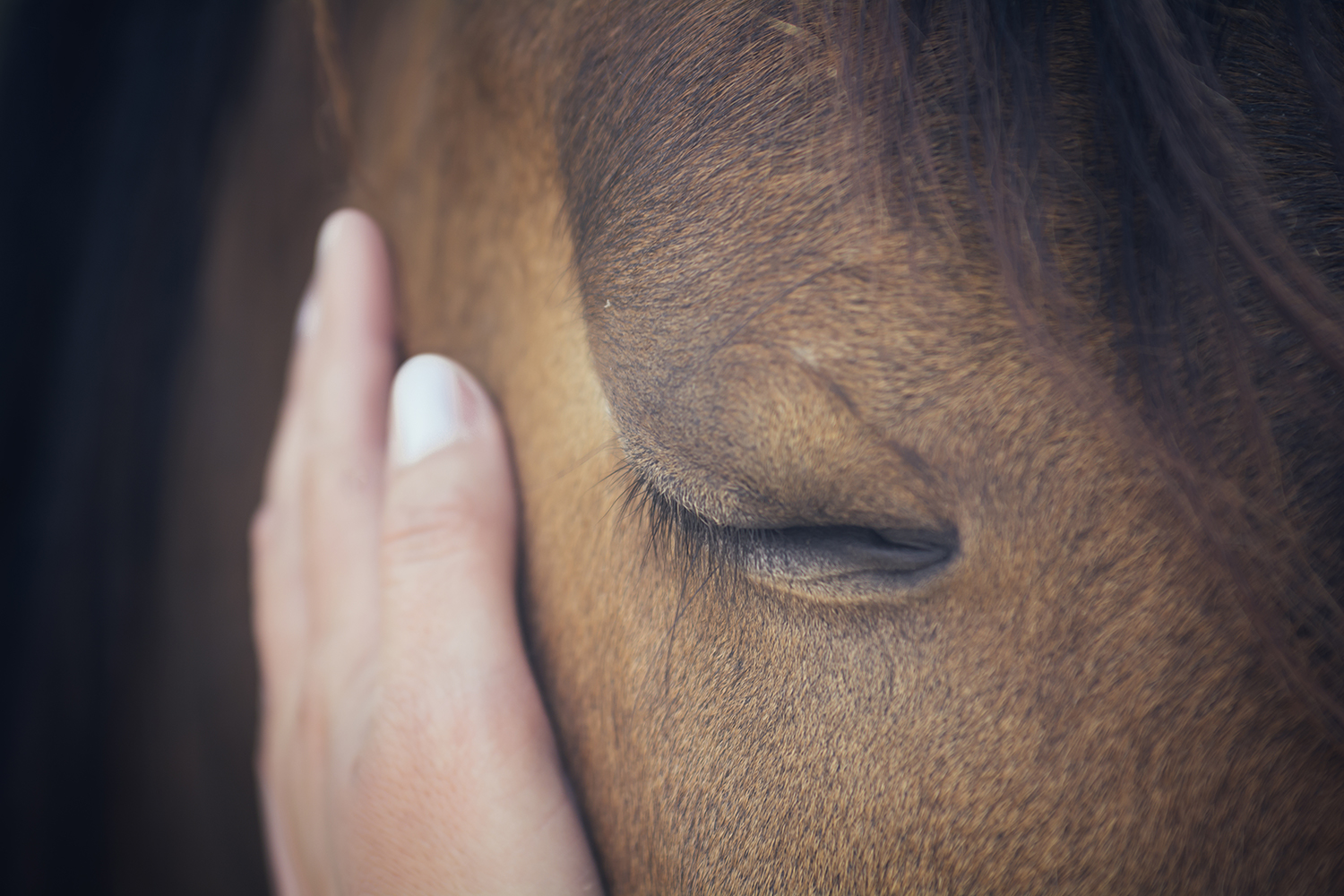An average horse lives for about 25 to 30 years. Typically, a horse is considered a senior when it attains the age of 15-18. This does not mean horses of that age cannot be ridden or still perform. One can make horses in their teens and 20s continue to lead active lives by providing improved care, nutrition, and supplements. Therefore, it’s essential to understand the common problems that affect old horses to give the right kind of care and support.
Let’s discuss the nutritional needs and supplements for aged horses based on their health conditions.
Common Health Concerns of Older Horses
Some of the common problems older horses face are:
1. Soundness
2. Dental Issues
3. Weight loss
4. Metabolic Disorders
5. Eye problems
1. Soundness
One of older horses' most common health issues is soundness, generally due to arthritis. As your horse ages, joint functions are compromised due to wear and tear, inadequate joint fluid production, and reduced cartilage production.
The mineral content of the bones, too, starts declining. In addition, horses lose muscle mass as they age, weakening their tendons and ligaments and negatively impacting the joints. Stiffness or soreness, especially at the start of work can be a sign of joint deterioration and/or arthritis.
A balanced diet and supplements like vitamin D and Calcium can help support healthy bones. Joint supplements including ingredients like glucosamine, chondroitin sulfate and hyaluronic acid can also be helpful additions, as they support cartilage and synovial (joint) fluid production, helping promote normal joint function, and can be used long-term. Light to moderate exercise keeps joints moving freely and can also help give your horse long, slow warm-ups.
2. Dental Issues
After a lifetime of grinding hay, excessive wear, loose molars, highly sharp points, and other dental problems are almost unavoidable in old horses.
Smelly breath, facial swelling, inability to chew effectively and weight loss may be signs of dental issues and time for a veterinarian examination.
Regularly check your horse’s teeth and look for any change in behavorial problems. If your horse has extensive dental problems it may require a change in diet. Providing easily digestible forage, either chopped or soaked, along with a supplement that supports healthy teeth and gums and improved immune system function could help in such cases.
Supplements containing vitamins and minerals like Calcium Vitamin D Potassium Phosphorus Vitamin K Vitamin C Vitamin A are recommended to help promote
3. Weight Loss
It is very common for older horses to lose weight as they age as some of their systems begin to function less efficiently. A number of other factors can also contribute to weight loss, including poor teeth, arthritis, gastric issues, metabolic disorders and/or kidney/liver disease.
When a horse loses weight rapidly or begins to have trouble maintaining it is important to consult with a veterinarian to perform a physical examination to rule out any existing medical conditions.
Supplements containing prebiotics, probiotics and yeast cultures can be beneficial in supporting a healthy gut, immune system and supporting a healthy weight. Vitamin E and amino acids are also beneficial for supporting muscle function and a healthy top line.
4. Metabolic Disorders
Cushing’s is a pituitary gland disease that results in hormone imbalances within the body. It tends to affect older horses as their metabolism slows with age. Horses with Cushing’s disease may also have a weakened immune system and recurrent infections without probable cause.
Common signs or characteristics of cushing’s disease include a curly hair coat, fatty deposits on the neck and rump (cresty neck), as well laminitis, lethargy, increased sweating, weight loss, thirst, and urination. Increased sweating can lead to losing essential electrolytes, so adding a nutritional supplement containing essential electrolytes, including sodium, potassium, chloride, magnesium, and calcium, can be beneficial. Other common ingredients to help support healthy metabolic function include magnesium and chromium. Magnesium is essential for the metabolism of carbohydrates, proteins and fats while chromium support healthy glucose tolerance and normal blood sugar levels.
5. Eye Concerns
Eye problems due to age-related physical changes are also commonly seen in older horses. These issues do not necessarily evolve into total blindness, but some older horses may develop a mild case of cataracts or changes in their retinas.
Although this is not necessarily a severe problem, your horse may need help seeing in low light. Supplements containing vitamin A, Beta-Carotene, vitamin C, vitamin E, and Omega-3 fatty acids can significantly help in such conditions.
Conclusion
Providing the right nutrients for older horses is essential to maintain their health, mobility, and quality of life. Key supplements like vitamin E offer numerous benefits, from supporting muscle and neurological health to boosting the immune system.
For expert advice on selecting the best supplements for your senior horse, contact MedVetPharm.
For more information, call us at 833-809-4848


